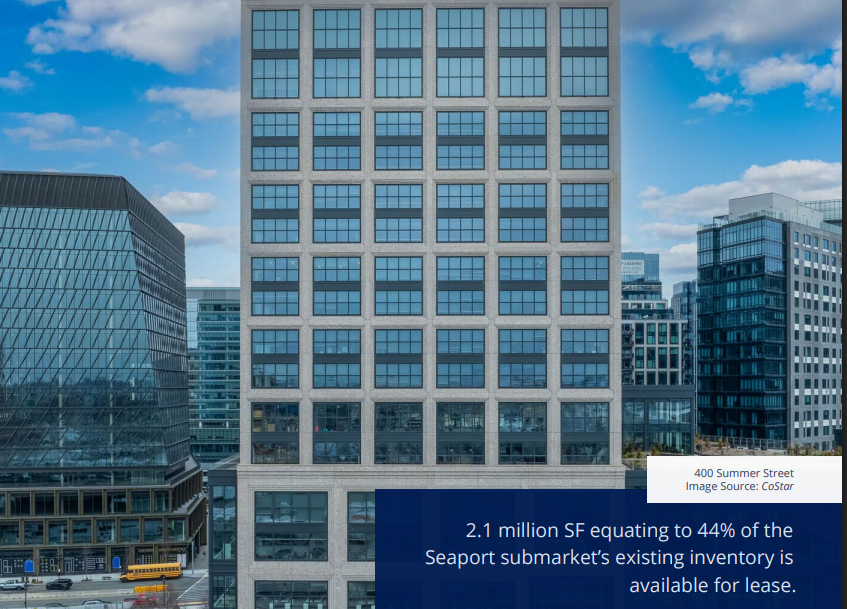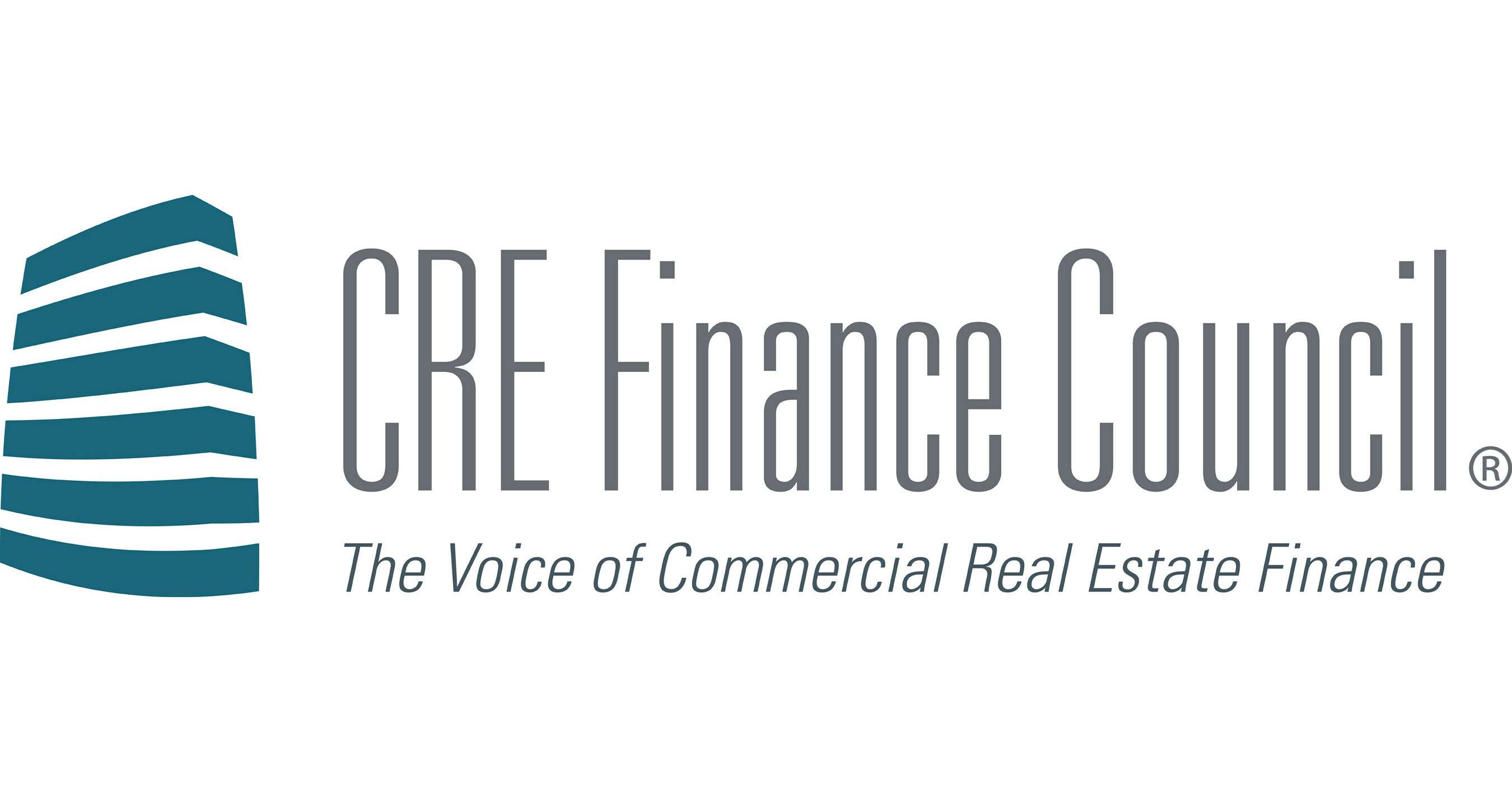B
OSTON— The Greater Boston life sciences real estate market is facing a perfect storm of record-high vacancies, cooling venture capital funding, and mounting macroeconomic pressures. According to the latest Q2 2025 report from Colliers, total available lab and life sciences space across the metro now stands at a record 17 million square feet.
Newly delivered buildings are driving this surge in availability, with 643,000 SF of new product hitting the market without a single lease in place. Direct availability reached 13.4M SF, and when sublease space is factored in, the overall availability rate has surged to 29.7% — an 8.6 percentage point increase from one year ago.
The biotech funding environment is contributing significantly to the slowdown. In the first half of 2025, only $3.3 billion in venture capital flowed into Boston-based biotech firms — the slowest two-quarter stretch since the pandemic-era boom began. Company valuations have plunged, IPO activity has slowed, and investor appetite has diminished.
Tenants, especially early-stage firms, are shrinking their real estate footprints. Where biotech companies once sought up to 8M SF in 2021, today they’re in the market for just 2.8M SF — a nearly two-thirds reduction in active demand.
Boston Proper: The city has added 6.7M SF of new life sciences inventory since 2019, but over 4M SF of that space remains vacant. Entirely empty buildings highlight the challenges, with some neighborhoods struggling to gain momentum despite robust growth in the Seaport.
Cambridge: While Cambridge has fared better due to a more conservative development pipeline, its availability rate held steady at 22.9%, and asking rents are trending downward. However, leasing activity has been more encouraging, with notable deals including Biogen's 580,000 SF lease at 75 Broadway.
Suburbs: The suburbs tell a cautionary tale, with 30.5% of suburban inventory now available. Distressed assets are starting to transact, often at steep discounts, as developers begin to abandon speculative projects.
Economic Crosswinds Complicate the Outlook
The broader U.S. economy remains technically healthy, but Fed Chair Jerome Powell noted that rising tariffs and delayed rate cuts are increasing economic uncertainty. Boston's job market is underperforming relative to peer cities, with year-over-year job growth sitting at just 0.2%.
What’s Next?
With more than 3 million SF still under construction — and nearly 40% of it unleased — the Boston life sciences market appears poised for further softening before any meaningful rebound. Analysts expect vacancies to continue climbing into 2026, with the most vulnerable assets located in Boston proper and the surrounding suburbs.















